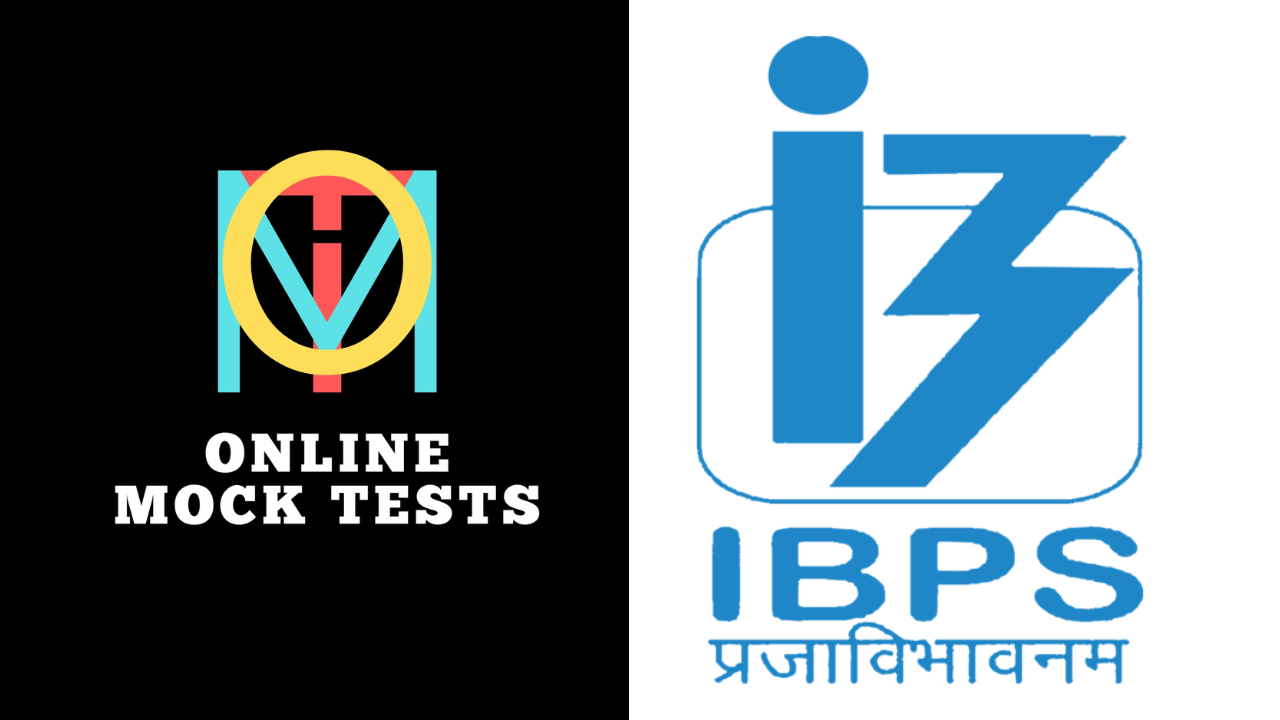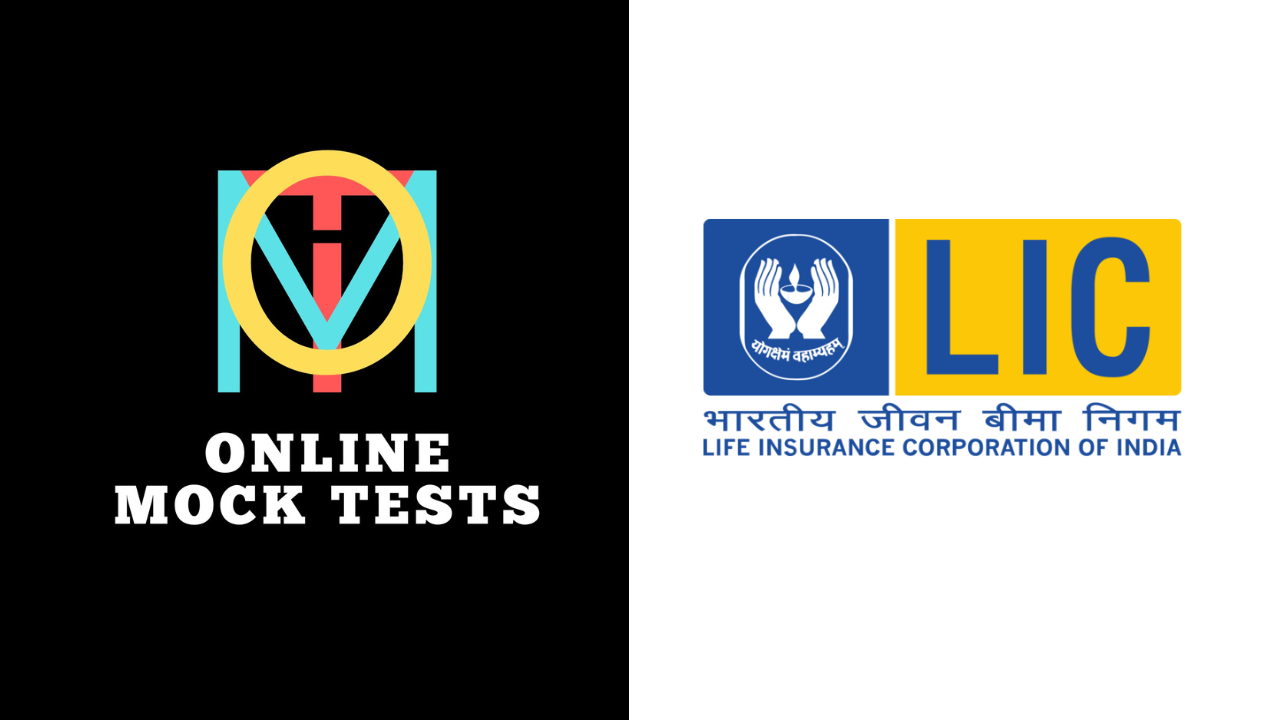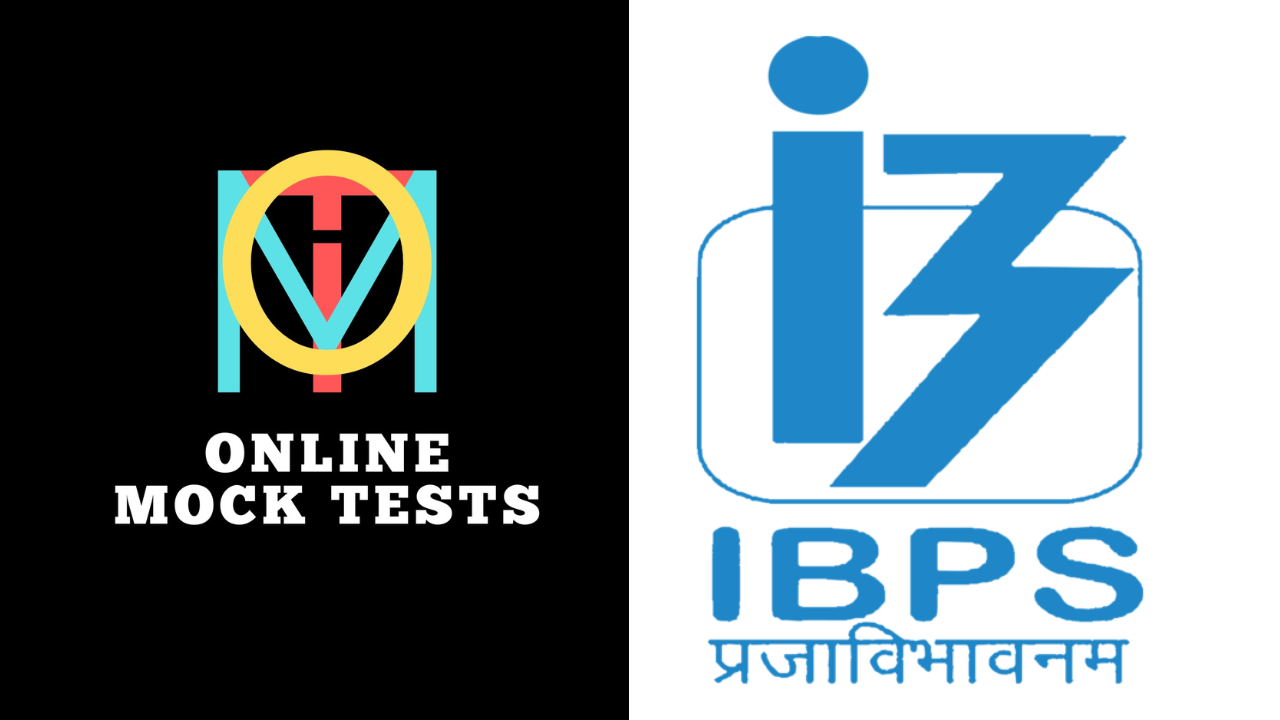Blog details
 IBPS RRB PO 2025 Preparation Roadmap
IBPS RRB PO 2025 Preparation Roadmap
Mastering the IBPS RRB PO Examination 2025: The Ultimate Preparation Guide
Introduction
The Institute of Banking Personnel Selection's Regional Rural Bank Probationary Officer (IBPS RRB PO) examination represents a golden opportunity for candidates seeking a rewarding career in the banking sector. As one of India's most prestigious banking examinations, it opens doors to officer-level positions in various Regional Rural Banks across the country, offering job security, competitive salaries, and excellent growth prospects.
If you're preparing for the IBPS RRB PO examination in 2025, you've come to the right place. This comprehensive guide will equip you with everything you need to know about the exam structure, latest syllabus, effective preparation strategies, and essential tips to maximize your chances of success.
IBPS RRB PO 2025: Examination Overview
The IBPS RRB PO examination is conducted in three phases:
- Preliminary Examination: A 45-minute online test consisting of 80 questions
- Mains Examination: A 2-hour online test with 200 questions
- Interview Process: For candidates who qualify in the Mains examination
Let's break down each phase in detail.
Preliminary Examination: Pattern and Syllabus
The Preliminary Examination serves as the initial screening test. Here's what you need to know:
| Section | No. of Questions | Maximum Marks | Time Allotted |
|---|---|---|---|
| Reasoning Ability | 40 | 40 | 45 minutes (composite time) |
| Quantitative Aptitude | 40 | 40 | |
| Total | 80 | 80 | 45 minutes |
Important Notes:
- There is a penalty of 0.25 marks for each wrong answer
- The exam is conducted in Hindi/English and regional languages
- Sectional timing is not applicable; candidates can switch between sections during the 45-minute duration
Syllabus Breakdown for Prelims
Reasoning Ability:
- Logical Reasoning
- Alphanumeric Series
- Ranking/Direction/Alphabet Test
- Data Sufficiency
- Coded Inequalities
- Seating Arrangement
- Puzzle
- Tabulation
- Syllogism
- Blood Relations
- Input-Output
- Coding-Decoding
Quantitative Aptitude:
- Simplification
- Interest (Simple and Compound)
- Problem on Ages
- Profit and Loss
- Time and Work
- Speed, Time, and Distance
- Mensuration
- Data Interpretation (Charts, Graphs, Tables)
- Ratio and Proportion
- Percentage
- Number Systems
- Sequence and Series
- Mixture and Allegations
Mains Examination: Pattern and Syllabus
Those who qualify in the Preliminary examination advance to the Mains examination. The pattern is as follows:
| Section | No. of Questions | Maximum Marks | Time Allotted |
|---|---|---|---|
| Reasoning | 40 | 50 | 2 hours (composite time) |
| Quantitative Aptitude | 40 | 50 | |
| General Awareness | 40 | 40 | |
| English/Hindi Language | 40 | 40 | |
| Computer Knowledge | 40 | 20 | |
| Total | 200 | 200 | 2 hours |
Important Notes:
- There is a penalty of 0.25 marks for each wrong answer
- The exam is conducted in Hindi/English and regional languages (except for the English Language section)
- Sectional timing is not applicable; candidates can switch between sections during the 2-hour duration
Syllabus Breakdown for Mains
Reasoning:
- All topics from Prelims
- Plus: Verbal Reasoning, Syllogism, Statement and Assumptions, Statement and Conclusions
Quantitative Aptitude:
- All topics from Prelims
- Plus: Data Analysis and Interpretation, Probability, Permutation and Combination
General Awareness:
- Current Affairs (last 6 months)
- Banking Awareness
- Financial Awareness
- Static Awareness
- Government Schemes and Policies
English/Hindi Language:
- Reading Comprehension
- Cloze Test
- Para Jumbles
- Sentence Correction
- Error Spotting
- Fill in the Blanks
- Vocabulary-based Questions
Computer Knowledge:
- Fundamentals of Computer
- Basic Software and Hardware
- Operating Systems
- MS Office
- Internet and Networks
- Computer Security
- Latest Technologies
Marking Scheme and Cut-offs
Marking Scheme:
- For the Preliminary exam, each correct answer earns 1 mark
- For the Mains exam, questions in Reasoning and Quantitative Aptitude carry 1.25 marks each, while questions in other sections carry 1 mark each
- In both exams, 0.25 marks are deducted for each incorrect answer
- No marks are deducted for questions left unanswered
Previous Years' Cut-offs
The IBPS RRB PO cut-offs vary by state and category. Here are the average cut-offs from recent years:
| Stage | General | OBC | SC | ST |
|---|---|---|---|---|
| Prelims | 70-75 | 65-70 | 60-65 | 55-60 |
| Mains | 75-80 | 70-75 | 65-70 | 60-65 |
Expected Trends for 2025: Based on recent patterns, we anticipate a slight increase in cut-off marks for the 2025 examination due to:
- Increasing competition
- Improvement in the quality of preparation resources
- More candidates focusing on banking examinations
Effective Preparation Strategies
Now that you understand the exam structure, let's discuss how to prepare effectively.
1. Create a Structured Study Plan
A well-organized study plan is the foundation of successful preparation:
- Allocate time based on your strengths and weaknesses: Dedicate more time to weaker areas while maintaining proficiency in stronger sections
- Daily targets: Set realistic daily goals for each subject
- Weekly revisions: Dedicate at least one day per week to revision
- Mock tests: Include regular mock tests in your schedule
Sample 3-Month Study Plan:
| Month | Focus Areas | Weekly Schedule |
|---|---|---|
| Month 1 | Building fundamentals | 5 days study, 1 day practice test, 1 day revision |
| Month 2 | Advanced topics and practice | 4 days study, 2 days practice tests, 1 day revision |
| Month 3 | Full-length mock tests and targeted practice | 3 days study, 3 days mock tests, 1 day revision |
2. Section-wise Preparation Strategies
Reasoning Ability:
- Start with basic logical reasoning and gradually move to complex puzzles
- Practice at least 30 questions daily
- Focus on improving speed in solving arrangement-based questions
- Maintain an error log to track recurring mistakes
Quantitative Aptitude:
- Master all mathematical formulas and shortcuts
- Practice at least 30-40 questions daily
- Focus on data interpretation and analysis
- Solve previous years' questions to understand the pattern
English Language:
- Improve vocabulary through daily reading
- Practice reading comprehension passages daily
- Learn rules of grammar and their applications
- Take sectional tests to improve speed and accuracy
General Awareness:
- Read newspapers daily (focus on economic and banking news)
- Follow banking and finance websites
- Make notes of important current affairs
- Revise banking awareness concepts regularly
Computer Knowledge:
- Focus on fundamentals and basic applications
- Practice previous years' questions
- Stay updated with recent technological advancements
- Learn banking-related technology terms
3. Time Management During the Exam
Effective time management can significantly impact your performance:
- Understand your strengths: Attempt sections you're confident in first
- Question selection strategy: Quickly scan through the paper and categorize questions as easy, moderate, and difficult
- 60-second rule: If you can't solve a question within 60 seconds, mark it for review and move on
- Last 10 minutes: Reserve for reviewing marked questions
Interview Preparation
The interview round carries significant weight in the final selection. Here's how to prepare:
1. Essential Areas to Cover:
- Banking awareness and financial knowledge
- Current affairs (focus on economic and banking news)
- Personal background and educational qualifications
- Job role and responsibilities
- Knowledge about regional rural banks
2. Common Interview Questions:
- Why do you want to join the banking sector?
- What do you know about Regional Rural Banks?
- How can RRBs contribute to rural development?
- What are the recent initiatives taken by the government in the banking sector?
- Questions on basic banking terms and concepts
3. Tips for the Interview:
- Dress professionally
- Maintain good body language
- Speak confidently and clearly
- Be honest in your responses
- Prepare concise answers to common questions
- Practice mock interviews
Common Mistakes to Avoid
Awareness of potential pitfalls can help you navigate your preparation more effectively:
- Neglecting weaker sections: Focusing only on your strengths can create significant gaps in your preparation
- Irregular practice: Consistency is key; irregular study patterns lead to poor retention
- Ignoring mock tests: Mock tests are crucial for understanding the actual exam environment
- Poor time management: Failing to allocate appropriate time to each section
- Last-minute cramming: Trying to cover too much in the final days leads to confusion and stress
- Overlooking accuracy: Focusing only on speed and neglecting accuracy can result in negative marking
- Ignoring previous years' papers: These provide valuable insights into question patterns and difficulty levels
Maintaining Motivation and Managing Stress
The preparation journey can be challenging. Here's how to stay motivated and manage stress:
- Set small, achievable goals: Celebrate small victories along the way
- Study groups: Join or form study groups to stay motivated and learn from peers
- Healthy lifestyle: Maintain proper sleep, diet, and exercise routines
- Meditation and mindfulness: Practice techniques to improve focus and reduce anxiety
- Positive affirmations: Reinforce positive thoughts to maintain confidence
- Breaks and rewards: Schedule regular breaks and reward yourself for achieving targets
- Visualization: Regularly visualize yourself succeeding in the examination
Words of Encouragement
Remember that success in the IBPS RRB PO examination is not just about intelligence but also about perseverance, strategy, and consistent effort. There will be days when you feel overwhelmed or discouraged, but these moments are temporary. Every banking professional you admire once stood where you stand now.
Believe in your abilities, trust your preparation, and approach each day with determination. The journey may be challenging, but the destination is worth every effort. With a structured approach, dedicated practice, and unwavering focus, you have everything it takes to succeed in the IBPS RRB PO examination 2025.
Conclusion
The IBPS RRB PO examination is a gateway to a promising career in the banking sector. With thorough preparation, strategic approach, and consistent efforts, you can maximize your chances of success. Remember to stay updated with the latest notifications, follow a structured study plan, practice regularly, and maintain a positive mindset throughout your preparation journey.
Your success story begins with your decision to prepare systematically and persevere through challenges. The banking sector awaits talented individuals like you who are ready to contribute to its growth and transformation. Good luck with your preparation!







